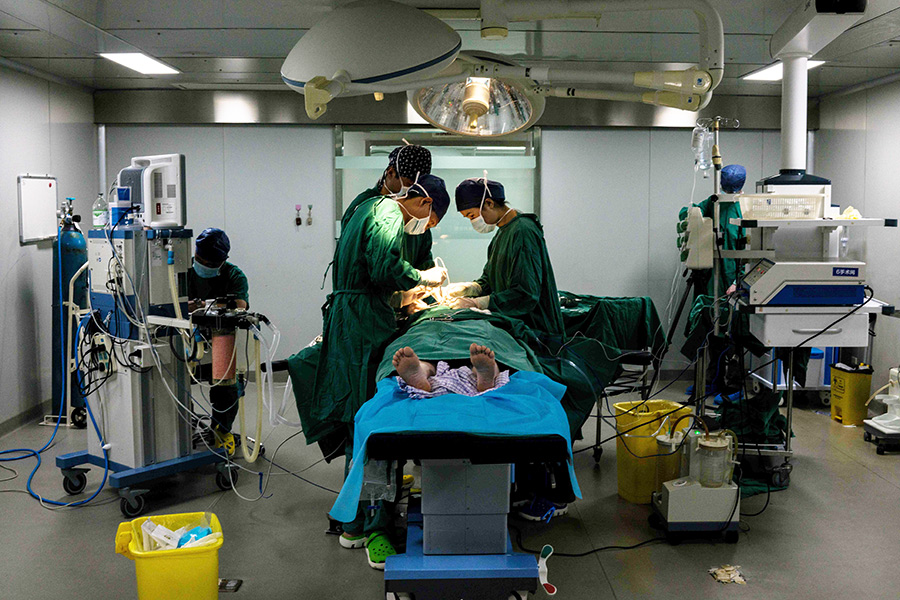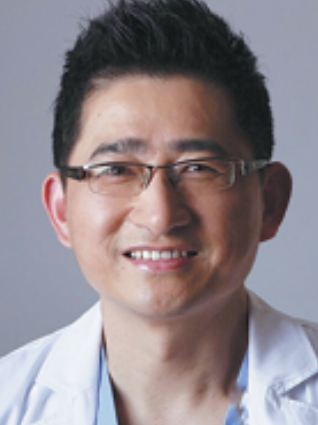New industry set to grow and prosper though problems exist


Although the development of group medical practice faces some problems in China, the government's unwavering efforts to reform the country's healthcare system and robust economic growth will encourage group practices to grow and prosper, an industry insider said.
"China's healthcare system is undergoing a new round of reforms, and doctors, as an indispensable force in the system, will have greater room for career development when separated from the hospital system," said Zhang Qiang, founder of China's first group medical practice Dr. Smile Medical Group.
Despite the large number of registered group practices in China, the sector is still in the early stages of development, which creates a major challenge for heads of practices - there is no previous experience for reference, especially as the Chinese healthcare market is different from others, Zhang said.
Most of the heads of such practices are doctors and lack relevant business management knowledge and operational skills, which means they can only improve their leadership abilities step by step, Zhang added.
However, there are many factors that will help group practices develop, according to Zhang.
On one hand, as authorities encourage doctors to practice in multiple places and remove policy restrictions on independent practice, doctors are now able to work anywhere in the country.

On the other hand, the gap in quality healthcare resource allocation between coastal regions and the west, and between rural and urban areas, means much demand is not properly met in underprivileged areas, which constitutes huge market potential for group practices.
Besides, advanced mobile internet services, including 5G networks, and high-speed trains, make it convenient for doctors to travel and work in different regions, Zhang said.
If doctors become independent from public hospitals and are free to practice at any medical facility, as recent government policy reforms indicate, the market mechanism will eventually work to allocate medical resources in the future, he said.
This will result in a balance between demand and supply of doctors in different regions, and will eventually change the current situation where major hospitals in top-tier cities are crowded with patients from all over the country, while smaller hospitals and local clinics are shunned due to lack of talented doctors, he added.
However, Zhao Heng, founder of consulting company Latitude Health, said most of the existing group practices in China target the high-end market, which will contain their development because of limited demand.
Besides, there is still a long way to go before doctors have the freedom to practice anywhere, anytime, despite government policy reforms, he said.
That is because public hospitals, especially top-level ones, offer good career opportunities for doctors, and leaving the public system to join a group practice is out of the question for most doctors, Zhao said.
Meanwhile, to protect their interests, public hospitals often create obstacles to prevent doctors from practicing elsewhere, he said.




































